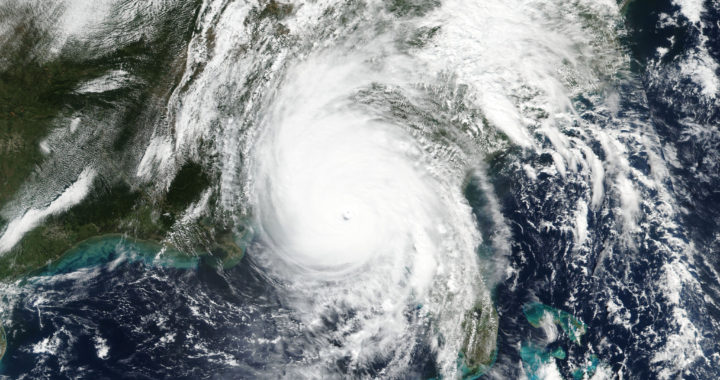On Tuesday, Hurricane Michael slammed into the Gulf of Mexico with a vengeance. The swift-moving storm carved a path of havoc as it decimated cities throughout the Florida panhandle, leaving six dead and more than 350,000 people without power and water.
Still, as the skies clear and the nation sets about rebuilding in the aftermath of Hurricane Michael, the Gulf oil and gas industry is breathing a sigh of relief.
Hurricane Michael By the Numbers
In advance of Hurricane Michael, experts throughout the United States energy sector examined the conditions and explored the region’s history in order to prepare adequately.
Forty percent of the Gulf’s oil production and 28 percent of natural gas production was stopped in advance of Hurricane Michael’s landfall. Most of those projects were off-shore rigs; ultimately, eighty-plus platforms were evacuated to ensure worker safety.
The resulting work stoppage amounts to around 670,800 barrels of oil and 726 million cubic feet of natural gas lost per day.
Fortunately for both Michael’s victims and the Gulf oil and gas sector, Michael is a fast-moving storm that is expected to whip through the Southeast quickly. The US Energy Information Administration, however, explains that the path Hurricane Michael will take is more important than the speed with which it passes over the land.
On that front, the US energy industry has a lot to be thankful for.
‘We Dodged a Bullet Here’
By some miracle, when Hurricane Michael hit the Gulf, it deftly dodged the core of the United States’ refining hubs in Texas and Louisiana. Damage to these integral installations could put a huge crimp in the world’s supply of oil and natural gas. Fortunately, that won’t be the case this time around.
Even better, because Hurricane Michael is maintaining a steady course, experts in the Gulf oil and gas industry can plan ahead to speed rebuilding once the storm is past.
“We really dodged a bullet here,” says John Kilduff, founding partner at energy hedge fund Again Capital. “Everything lies literally to the west of the storm. There were fears that if it got bigger, or if it stumbled around, it could be an issue.”
Even the temporary shortages caused by the slowdown in oil and gas projects throughout the Gulf were less severe than in years past.

